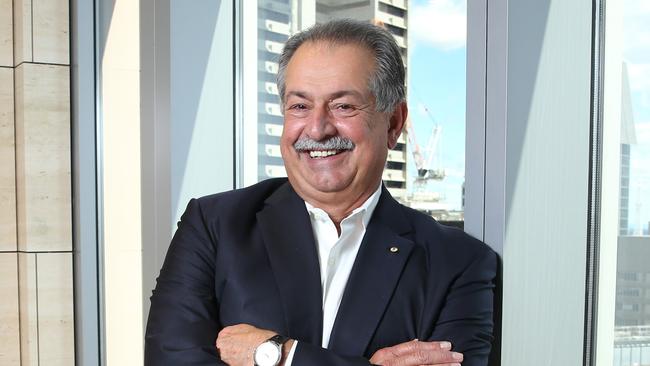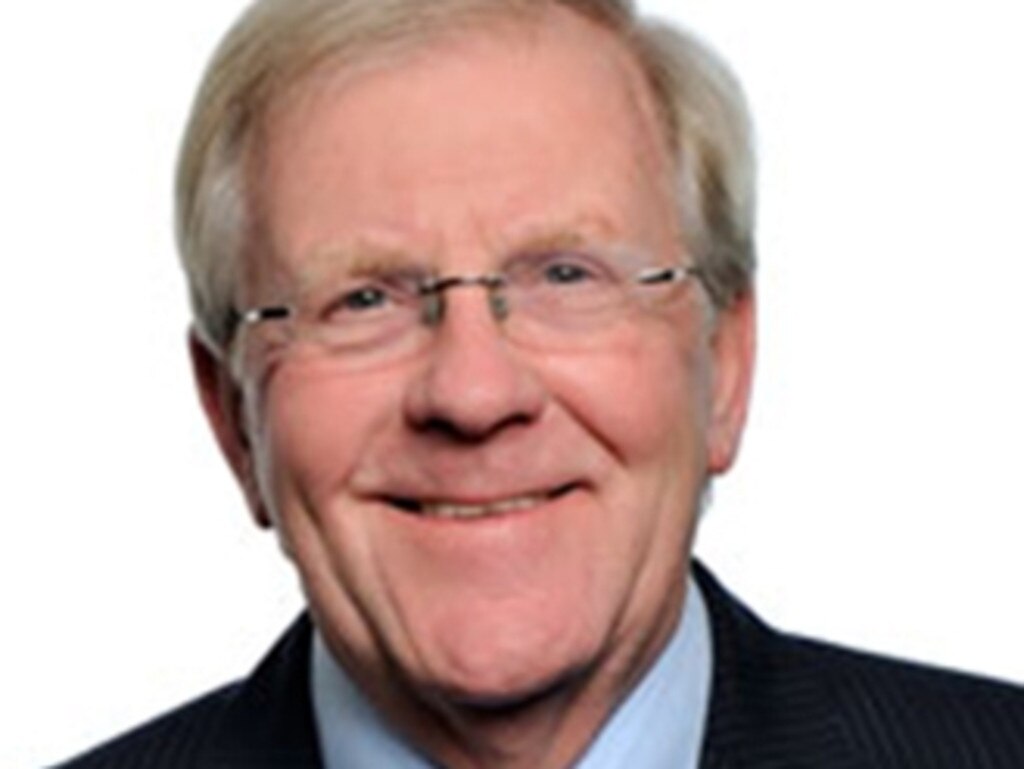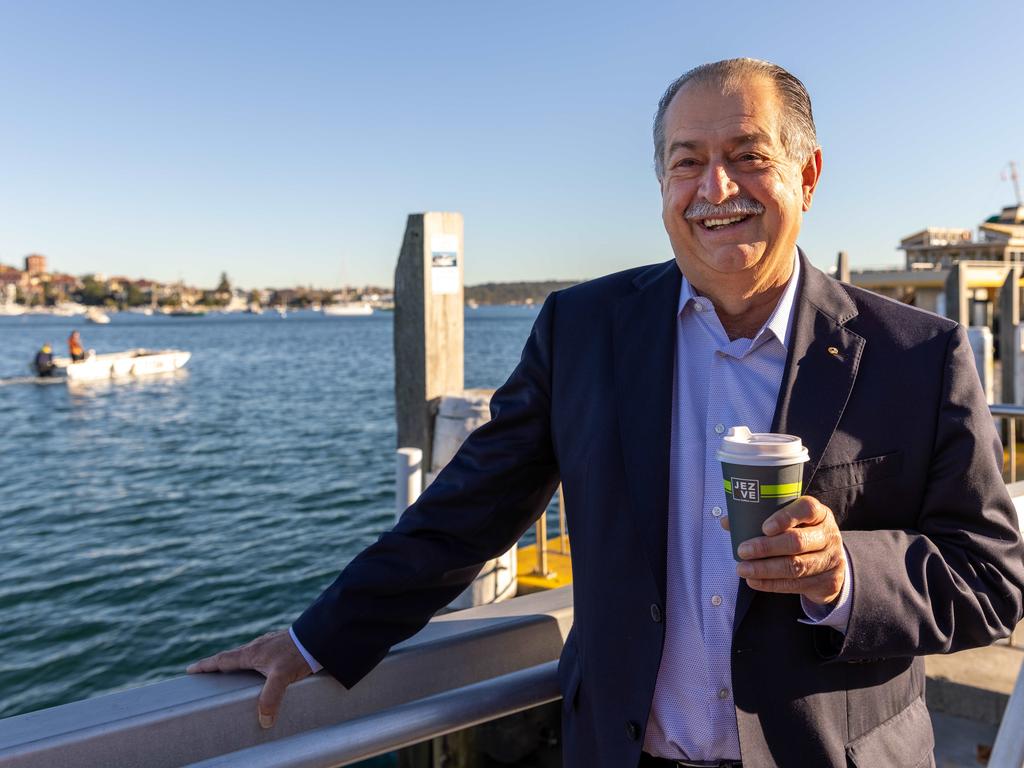No CEO? No worry: Brisbane Olympic Games as good as gold
Brisbane Olympics president Andrew Liveris insists preparation for the Games is years ahead of any previous event, even though the key delivery agency has no CEO and a full-time staff of only two.

Brisbane Olympics president Andrew Liveris insists preparation for the Games is years ahead of any previous event, even though the key delivery agency has no chief executive and a full-time staff of only two.
A decade out from the third Olympics to be hosted in Australia, Mr Liveris dismissed concern that critical time had been lost to political infighting over board appointments to the Organising Committee of the 2032 Games.
“We are in a very privileged position … most other Games are in our delivery position six years out, not 10, and we’re going to make the most of that opportunity,” he said.
OCOG will push to lift a so-far limited public profile to mark what Mr Liveris calls the “milestone” of Brisbane securing the world’s greatest sports carnival 12 months ago and the 10-year countdown to the opening ceremony on July 23, 2032.
On Thursday, Queensland Premier and OCOG vice-president Annastacia Palaszczuk announced the line-up of another key Games body, the Legacy Committee, to lock in long-run benefits from the Olympics. Its members number billionaire businessman John Wagner and Indigenous figure Cameron Costello.
However, Ms Palaszczuk has attracted criticism for politicising the Games through her at-times testy dealings with Scott Morrison’s Coalition government, the state’s 50-50 partner to fund them.
This came to a head after the federal election in May when she informed the former prime minister’s two representatives on OCOG, sports minister Richard Colbeck and LNP MP Ted O’Brien, that they were to be replaced.
Other OCOG board members were reported to believe the notice should have come from Mr Liveris.
Commenting for the first time, the Brisbane-educated former chief executive and chair of multinational Dow Chemical said he had “no problem” with the process.
“Once we knew that there was a change of federal government, we totally knew that notification had to occur,” Mr Liveris said.
“I wrote my letters thanking both representatives of the federal government … and, you know, we basically just bow to the way this process will have to work.
“I had lots of notice from the Premier on the fact that this would be occurring, so I had no problem with that in any regard at all.
“I’ve made a pledge that this job … should be for the benefit of the region, the state, the country, and implicit in that is, you know, politics should have a minimal role.
At the end of the day, I can’t control that so I don’t intend to even try.”
Pressed on whether he could reassure prospective Games’ partners including sponsors and contractors that their deals would not be affected by changes of government, Mr Liveris said: “Yes, we will have the occasional setback, there’ll be the occasional statement made that doesn’t sound about right.
“But that’s OK … because the political world does indeed change in the way we’ve already seen it.
“So I’m OK with working with people who really want this to be the best ever Games, and pretty much everyone on both sides of the aisle, in every layer of government, wants that, and I’m not intimidated by those possible changes.”
He cautioned, however, that the OCOG chief executive might not be in place until the end of the year, after applications for the job closed on August 19.
Interviews would be conducted by October.
“Aggressively, I’d love to have that appointment by then or shortly after that,” Mr Liveris said at an overnight media briefing, conducted alongside International Olympic Committee Co-ordination Commission chair Kirsty Coventry.
“Realistically … we could take to through the end of the year.
“I hope that’s not true. But look, it’s some of the most important early-stage work we are doing.”
The “lean” OCOG structure, currently fielding just the two paid staff working out of a small office in Brisbane’s CBD, would persist through the early years of planning, then ramp up into an organisation of thousands from three years out from Games time.
Eight new venues and six upgraded venues were planned.








To join the conversation, please log in. Don't have an account? Register
Join the conversation, you are commenting as Logout